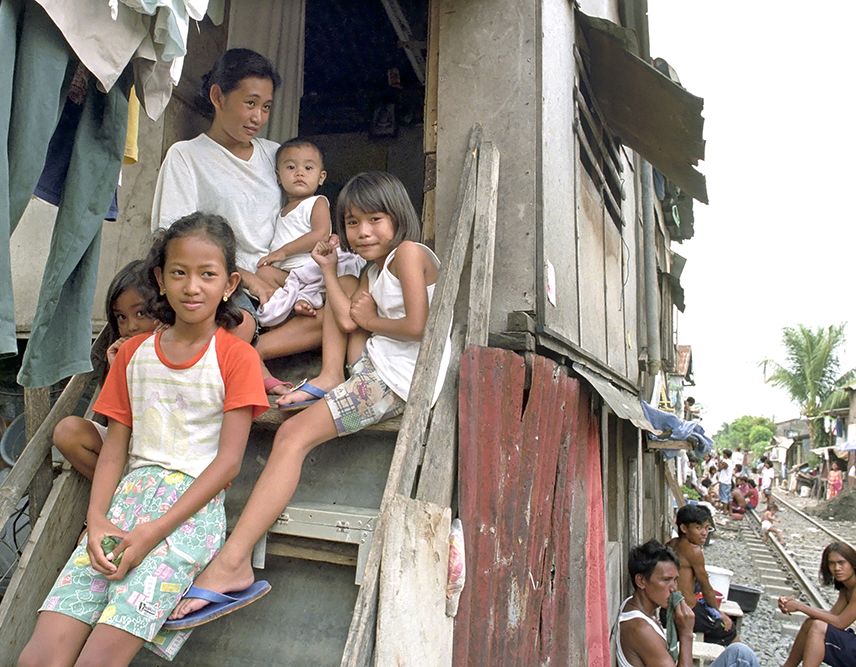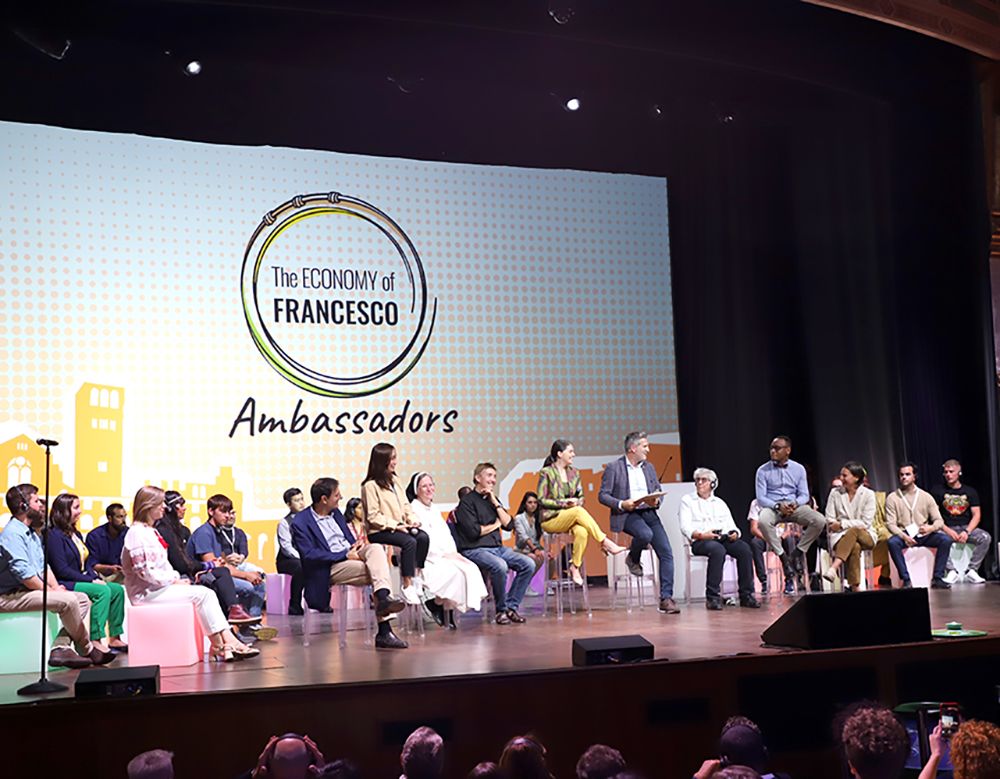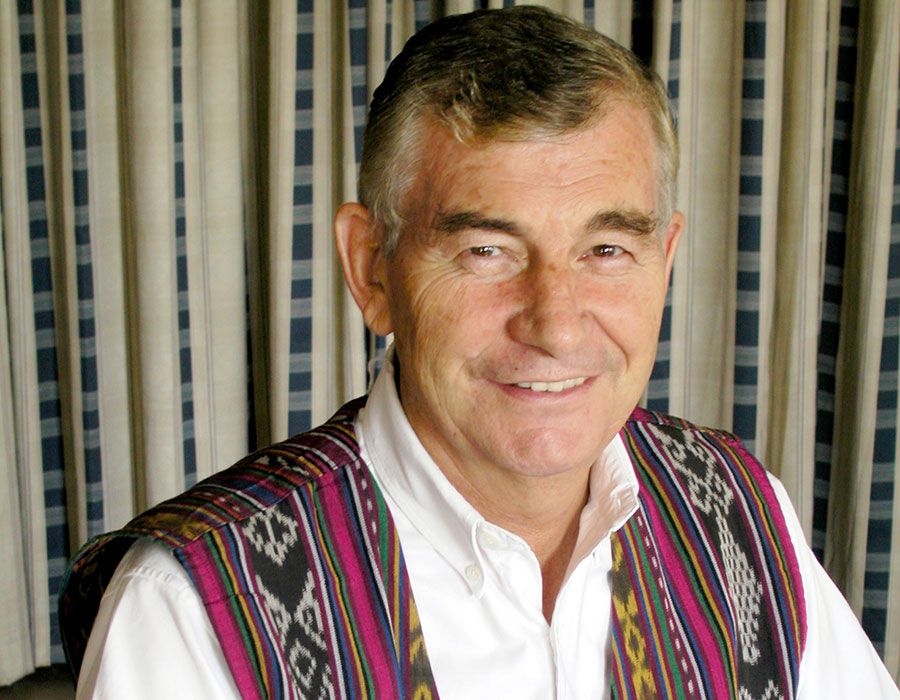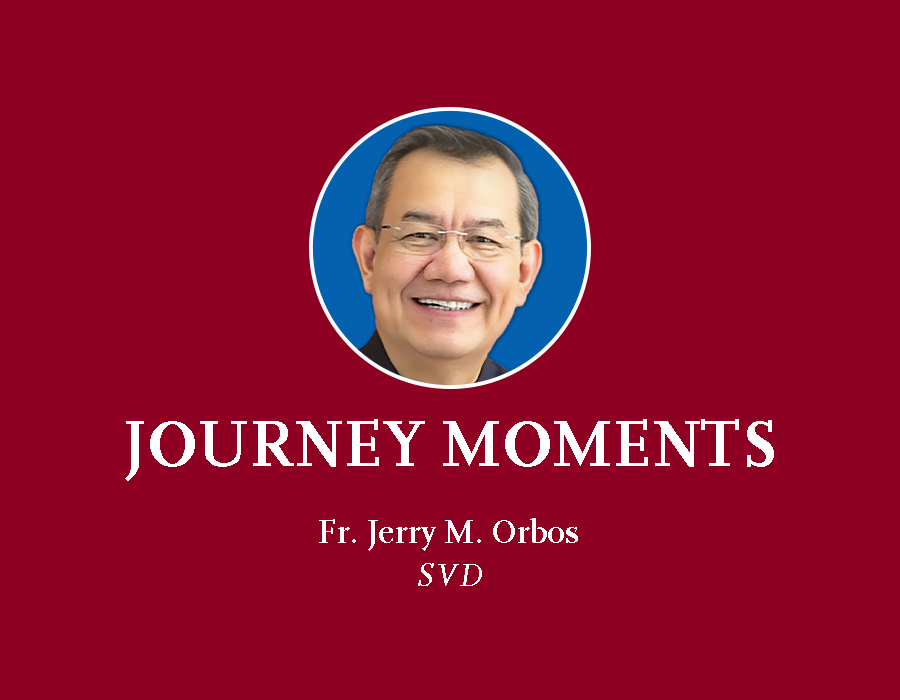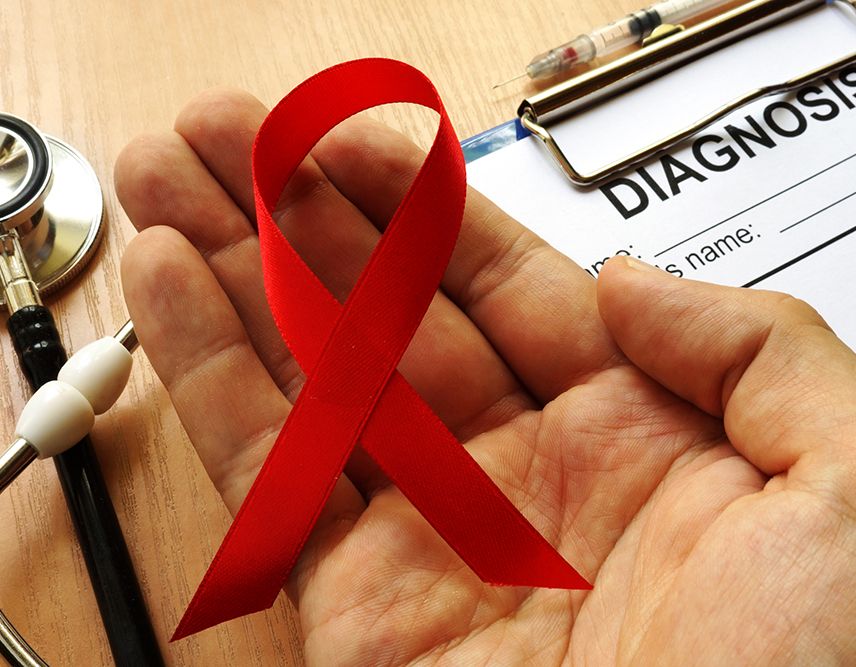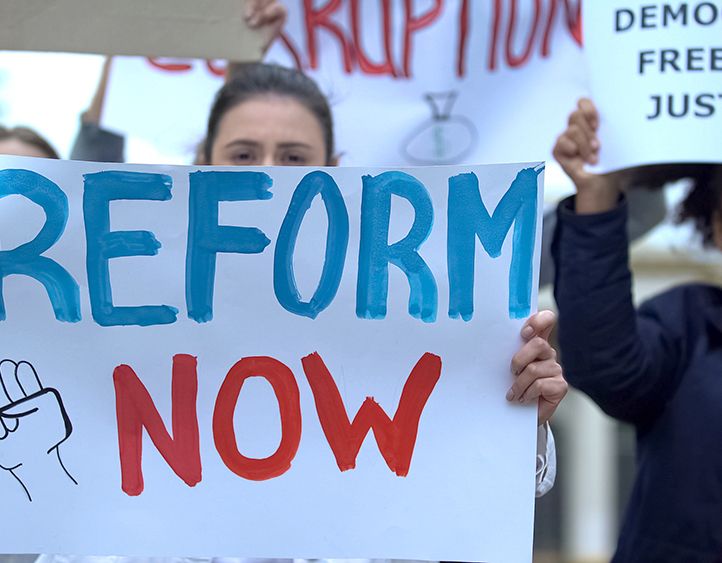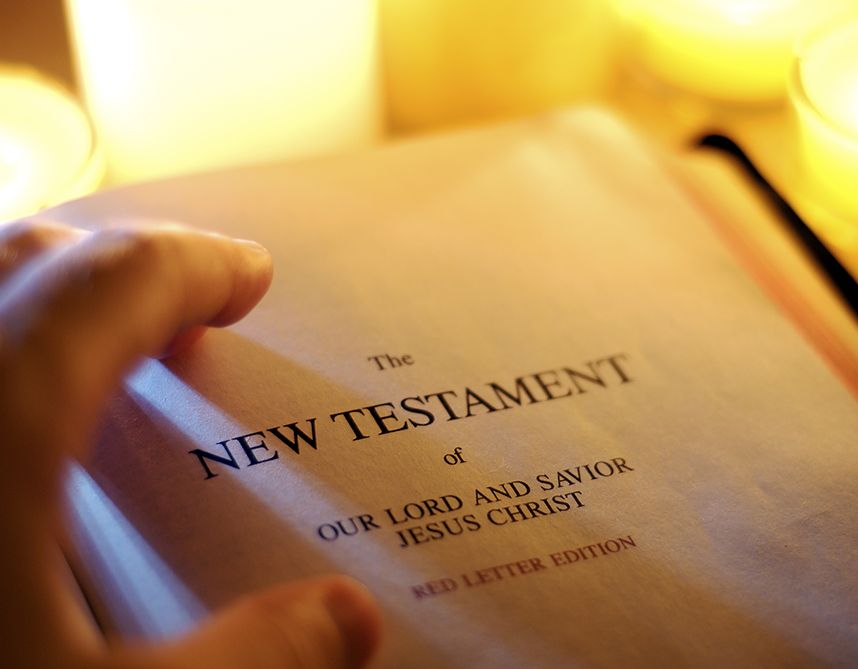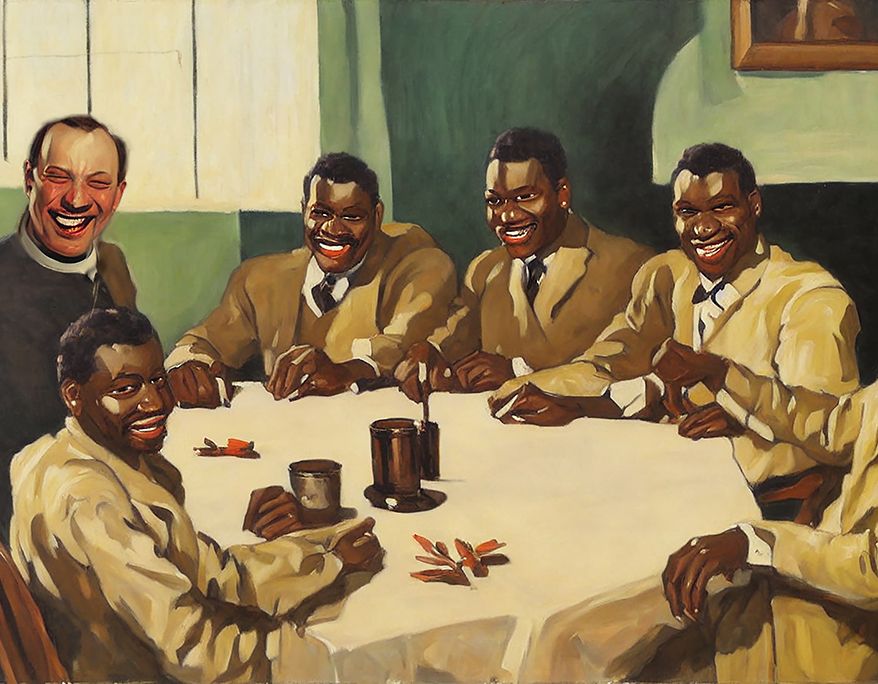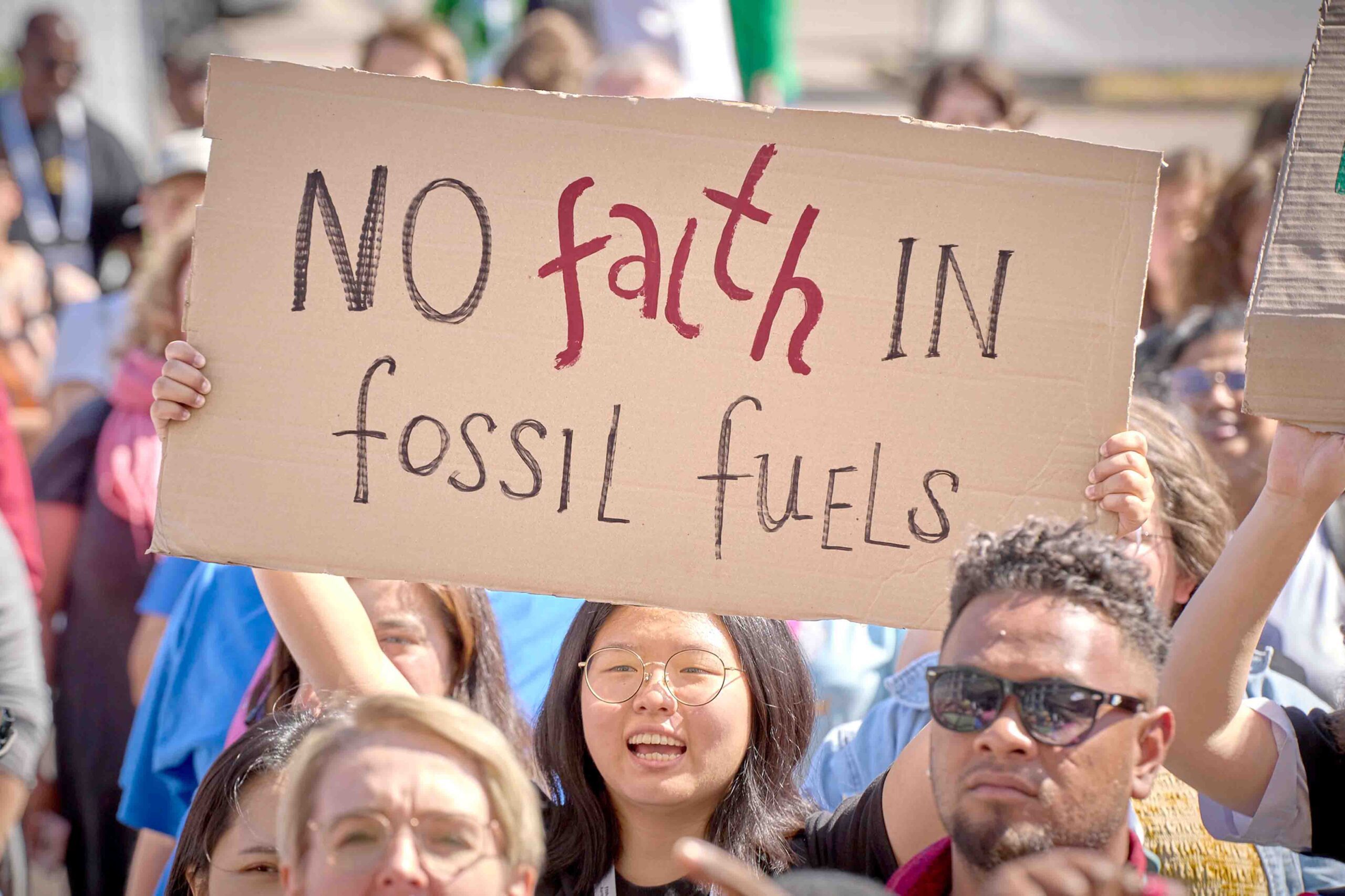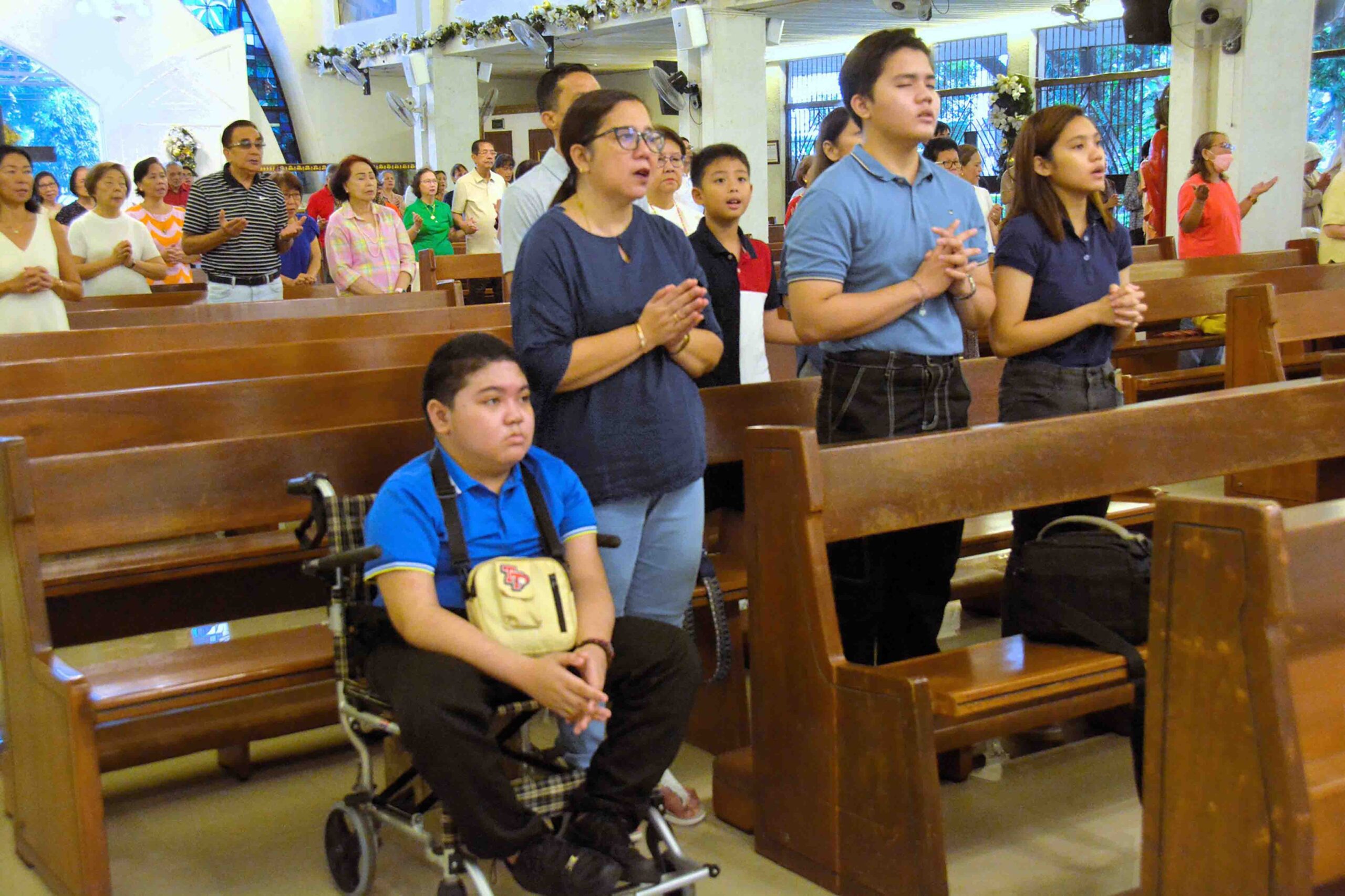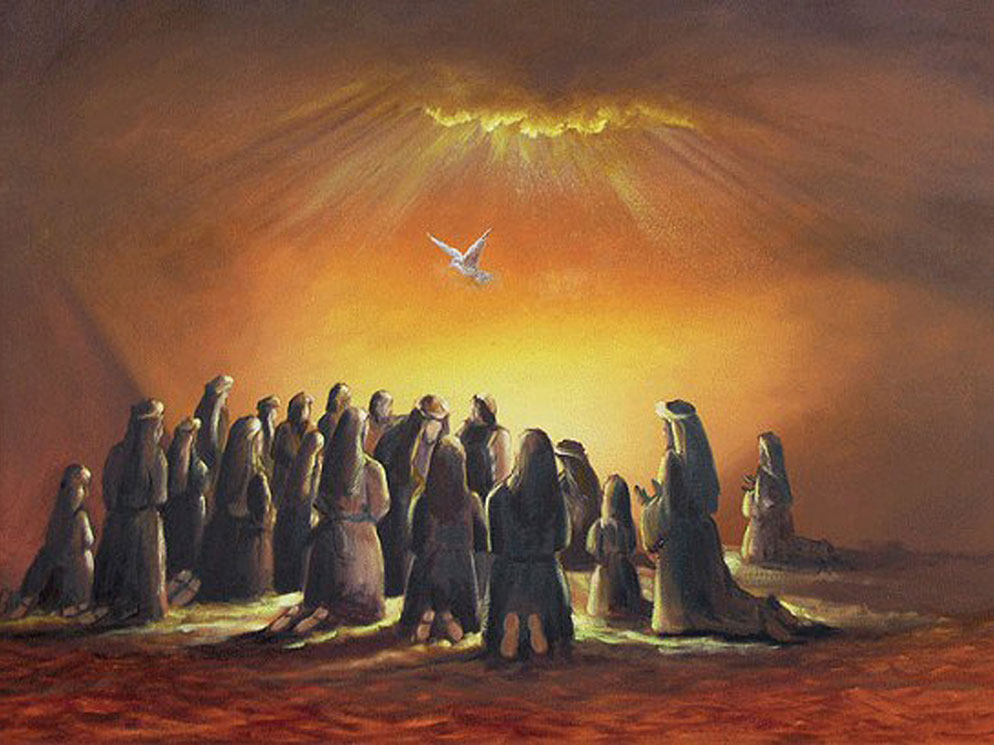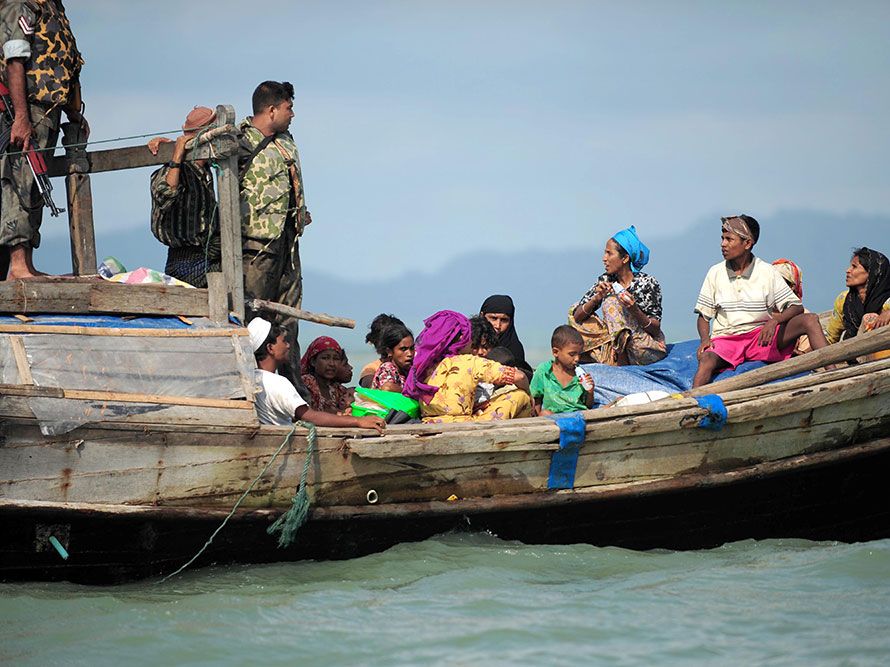In a report titled “Overcoming Poverty and Inequality in the Philippines: Past, Present, and Prospects for the Future,” the World Bank said that the Philippines has made important gains in poverty reduction. Driven by high growth rates and the expansion of jobs outside agriculture, poverty fell by two-thirds–from 49.2 percent in 1985 to 16.7 percent in 2018. By 2018, the middle class had expanded to nearly 12 million people and the economically secure population had risen to 44 million.
Yet inequality remains high: the top 1 percent of earners together capture 17 percent of national income, with only 14 percent being shared by the bottom 50 percent. With an income Gini coefficient of 42.3 percent in 2018, the Philippines had one of the highest rates of income inequality in East Asia.
Inequality
“The Philippines aims to become a middle-class society free of poverty by 2040, but we know from global experience that no country has managed to make this transition while maintaining high levels of inequality,” said Ndiamé Diop, World Bank Country Director for Brunei, Malaysia, Philippines, and Thailand.
“Inequality of opportunity and low mobility across generations wastes human potential and slow down innovation, which is crucial for building a competitive and prosperous economy that will, in turn, improve the well-being and quality of life of all Filipinos.”
The report highlights that the expansion of secondary education, mobility to better-paying jobs, access to basic services, and government social assistance have started to reduce inequality since the mid-2000s.
However, unequal opportunities, slow access to tertiary education among low-income households, inequality in returns to college education, and social norms putting the heavier burden of childcare on women has slowed down the narrowing of inequality in the Philippines.
Despite the strong recovery of growth and the labor market, the COVID-19 pandemic has partly reversed decades-long gains in reducing poverty and inequality in the Philippines. It halted economic growth momentum in 2020, and unemployment shot up in industries that require in-person work. In 2021, the national poverty rate rose to 18.1 percent despite government assistance.
Recovery in the Philippines is uneven across the income distribution and the poorest who suffered the most from COVID have yet to fully recover their incomes. With food prices going up, many families coped by reducing their consumption, including eating less. These coping strategies can have serious consequences on the health and nutrition of children in these vulnerable households.
The report says that inequality starts even before birth and is perpetuated over the life cycle. It starts with maternal nutrition and health during pregnancy. Differences continue into childhood, where disparities in access to health care, proper nutrition, safe drinking water, sanitation, and quality education determine the extent to which a child’s human capital develops.
“Inequality shapes outcomes later in life, such as employment opportunities and income, which in turn influence how much support adult Filipinos are able to provide for their children to help maximize their potential,” said Nadia Belhaj Hassine Belghith, the Senior Economist of the East Asia Poverty Global Practice covering Thailand and the Philippines who led the study.
Policy Priorities
The report says that policy priorities to reduce inequality in the Philippines can be structured around three themes, including healing the pandemic’s scars and building resilience, setting the stage for a vibrant and inclusive recovery, and promoting greater equality of opportunity.
Healing the pandemic’s scars will require promoting greater vaccine booster uptake, overcoming the learning loss due to COVID-19, strengthening social assistance and unemployment insurance programs for the informal sector, and taming inflation.
Setting the stage for vibrant recovery entails the reskilling of workers, promoting entrepreneurship, increasing the participation of women in the labor force, and raising the productivity of agriculture.
Promoting greater equality of opportunity entails increasing access to quality health care, increasing the equality of opportunity in education, and improving access to quality housing, among others. Equality of opportunity needs to target the lagging regions and other people disadvantaged in accessing these because of the circumstances of their birth. The World Bank





